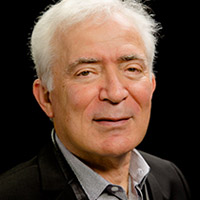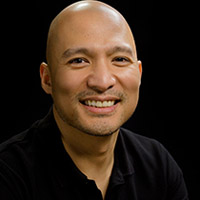Who Really Qualifies as a Dependent for Taxes?

How many dependents do you really have? Who can really be counted as a dependent? These are some of the most common questions that all taxpayers have. Can you count all of your children, live-in help, or perhaps a dog or other family pet? What about a friend who decides to crash at your place and basically mooch off you the entire year; can he or she be counted as a dependent?
As far as the IRS is concerned, there are two different kinds of dependents but there are dozens of scenarios that can fall under these two categories. There are also different rules for each type. The first type of dependent is classified as a qualifying child. The second type is a qualifying relative.
A qualifying child must be related to you, either by birth or adoption, or be a step or foster child. You must also provide more than half of the child’s total financial support and you can be the only person claiming that child on your return. To be a dependent the child must also be 18-years-old or younger, or if he or she is a full-time student, younger than 24-years-old.
The rules for being counted as a qualifying relative are much different. First, if your relative is a blood relative then he or she does not have to live with you in order to be counted. However, he or she must not provide more than half of his or her own support and that person cannot make more than $4000.
For a person who is not a blood relative to qualify as a dependent – like a lifelong friend who is down on his/her luck, or just plain lazy, or even your significant other – that person must live with you the entire year and their income must be less than $4,000 for the entire year. No one else can claim the person and you have to provide more than half of his or her financial support.
Rising from Rubble to Build an Empire | Jerry Brenholtz
About Jerry Brenholtz Jerry Brenholz co-founded ATR International, Inc. in 1988. He has been instrumental in developing ATR into an important provider of contract staffing for Information Technology. In his current role, he is responsible for establishing a corporate-wide vision and defining strategic direction. Prior to ATR, Jerry held various technical positions with General…
Serial Entrepreneur | Aldo Carrascoso
About Aldo Carrascoso Aldo Carrascosois the Founder and COO / CTO of Veem, a company that utilizes Blockchain to allow individuals to make cross border payments in local currencies. The company was conceptualized by Aldo when learned that individuals making cross border payments were having to pay up to 25% of the transfer amount…
Turning Tragedy into Positive Experiences | Gerald Carroll
About Gerald Carroll Gerald Carroll is a partner with Burnham Brown law firm in their Oakland office. He specializes in Construction and Professional Liability Law. Prior to coming to Burnham Brown, Jerry along with his partner ran their own law practice, Hartman and Carroll for 20 years. Jerry graduated with honors in English from…
Why Startups Need Legal Counsel | Jackie Ammon
About Jackie Ammon Jackie Ammon is a senior associate who focuses her practice on corporate matters at WilmerHale. Prior to joining WilmerHale, Ms. Ammon was a judicial extern for the Honorable Frederick F. Mumm of the US District Court for the Central District of California. In that role, she wrote Report and Recommendation for…




